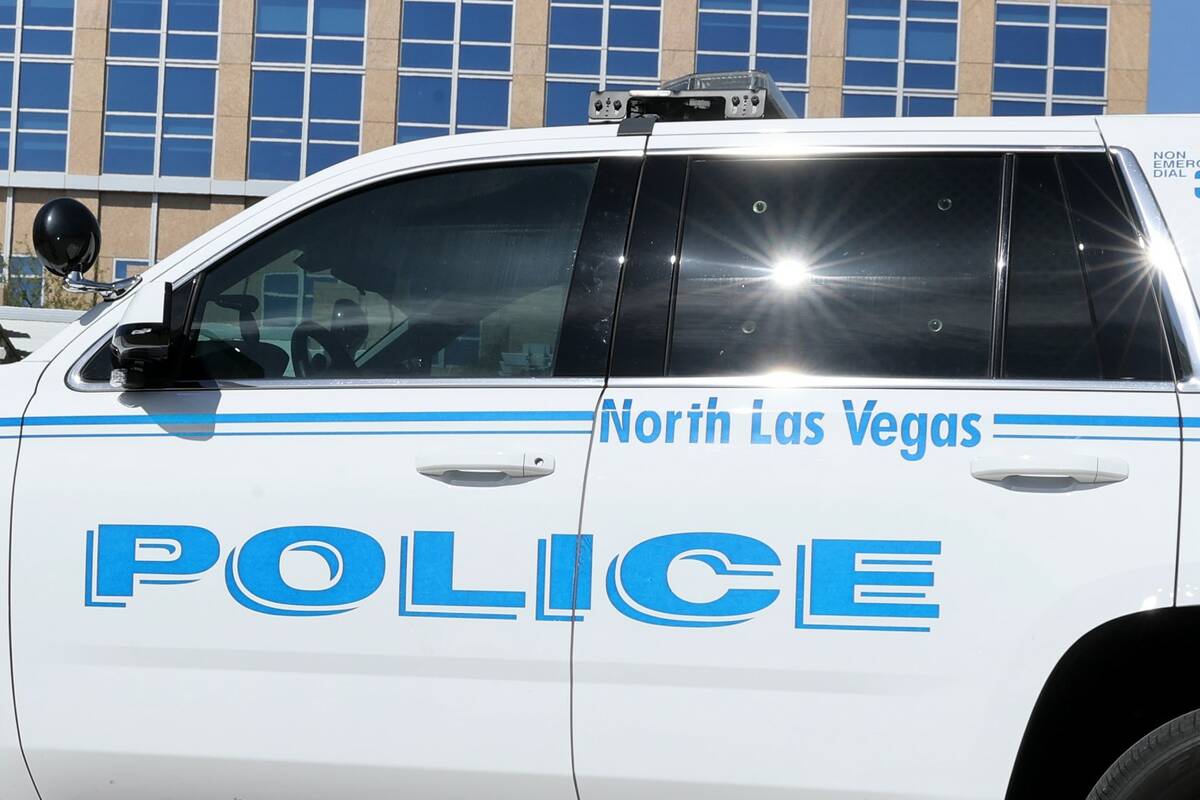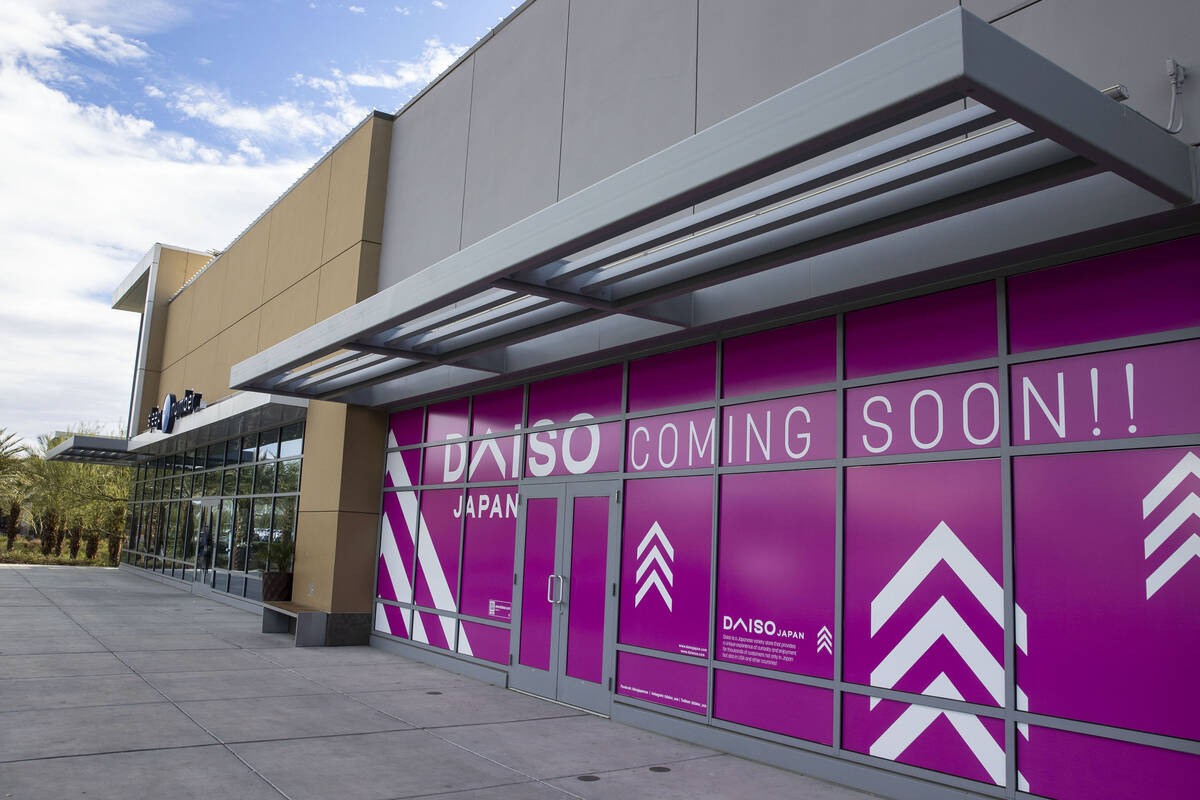LAS VEGAS (AP) – The Las Vegas Strip district has joined a lawsuit to try to recover what lawyers claim could be hundreds of millions of dollars in unpaid hotel room taxes paid by more than 20 online travel companies be owed.
A lawsuit by Clark County reflects claims made by two Las Vegas communications executives against online hotel booking services like Orbitz, Hotwire, Expedia EXPE, + 0.68% last year.,
Travelocity, Priceline and Hotels.com.
At stake are “hundreds of millions of dollars in room tax revenue that online travel companies have avoided for years,” said Michael Cristalli, an attorney who handles both cases, Tuesday.
“The county has determined that it is in its best interests and in the interests of Nevada taxpayers to prosecute the poor and persistent tax liability,” he said.
Officials with most of the 13 named defendants did not immediately respond to email messages on the case Monday and Tuesday. A spokesman for Hotel Tonight Inc. declined to comment.
Cristalli and attorney Dominic Gentile also represent communications managers Mark Fierro and Sig Rogich in a case they filed last year in which they made similar claims of consumer fraud and unjust enrichment.
The lawsuits accuse online booking companies of chronically underpaid taxes of 10.5% to 13.38%, calculated as a percentage of gross rental income.
Both court records used an example of an online travel company that bought a room from a hotel for $ 150 and sold it online to a customer for $ 200 and then the state tax based on the lower wholesale price of $ 150 paid.
“This business model is depriving Nevada tax authorities, including Clark County, of the taxes due to them on the full value of the transaction,” the county lawsuit said.
The amount in dispute includes more than $ 100 million in unpaid taxes and potentially an additional $ 100 million in damages and fines, Cristalli said.
The proceeds would go to the tourism, school, transportation, and local government general fund accounts, according to a district lawsuit filed in Clark County District Court on May 14.
Lawyers representing at least 16 named defendants moved the case from the state court to the federal court in July, where a judge is now being asked if he should send it back to a state court.
A hearing in a state court is scheduled for September 2 before a judge in Las Vegas who decided in May not to dismiss the unusual “Qui Tam” civil suit brought by Fierro and Rogich in April 2020.
Filing allows private whistleblowers to be rewarded for successful results in their actions, and the government gets back money lost to false claims or other types of fraud.
Fierro and Rogich, namesake of Fierro Communications and The Rogich Communications Group, would receive up to 30% of the money won in their case, according to their court record.
Tax cases targeting similar practices in other states involving online travel companies or OTCs have had mixed success.
The independent charitable Tax Foundation investigated similar lawsuits in 34 states and the District of Columbia for a 2016 report. It found that courts in 23 states, including three federal appeals courts, concluded that online travel services were not subject to hotel occupancy tax. Courts in six states ruled that it was.













